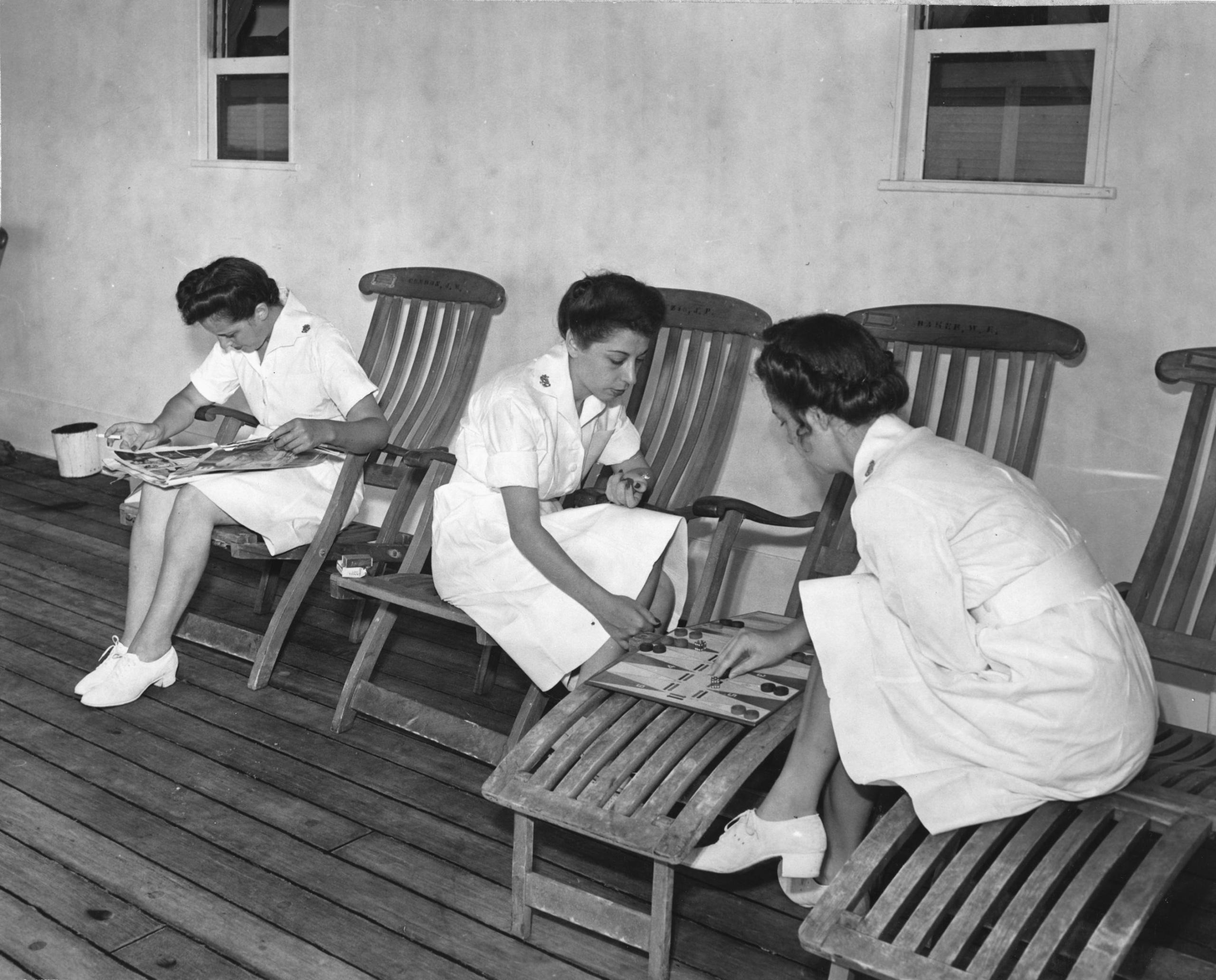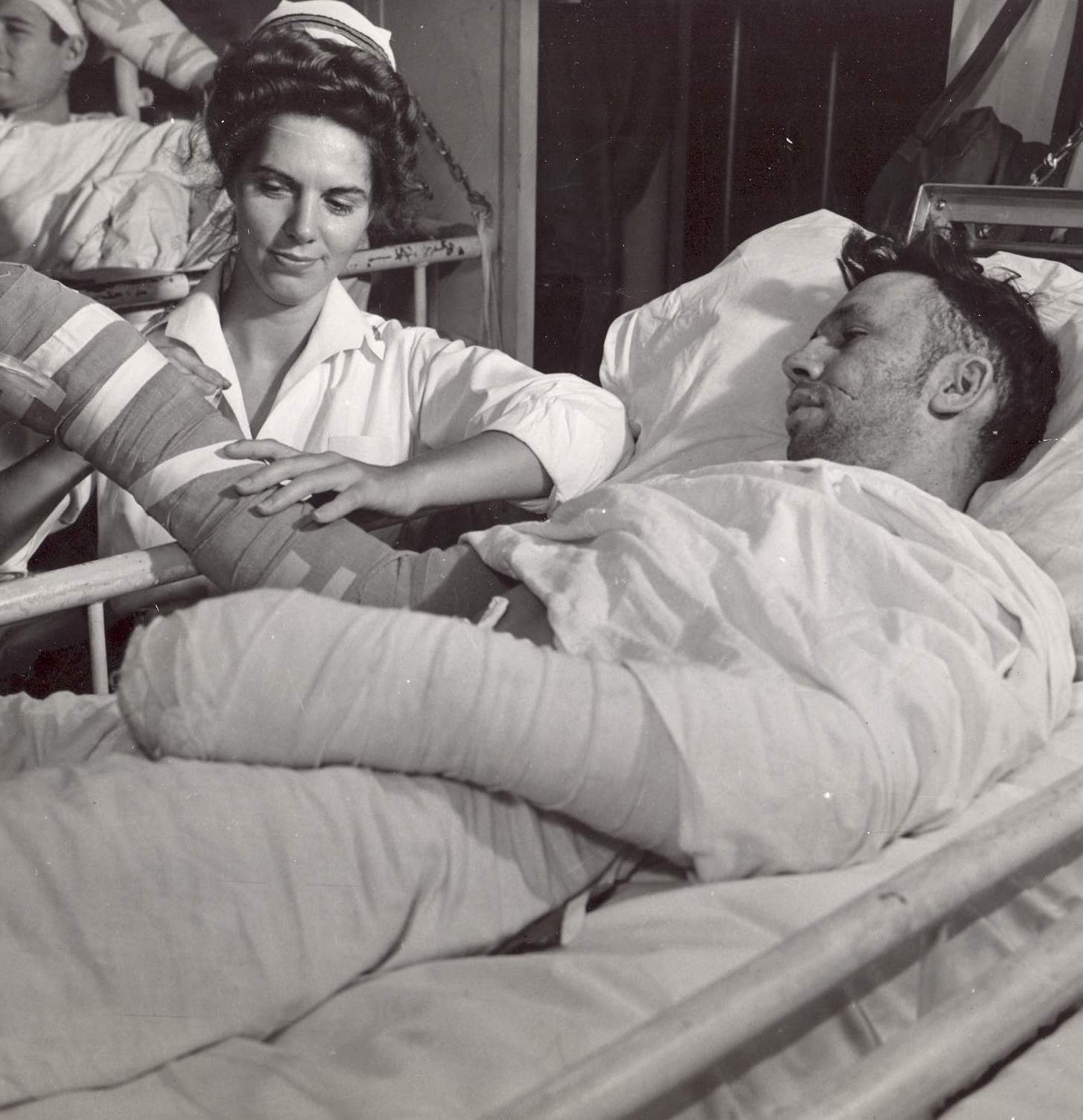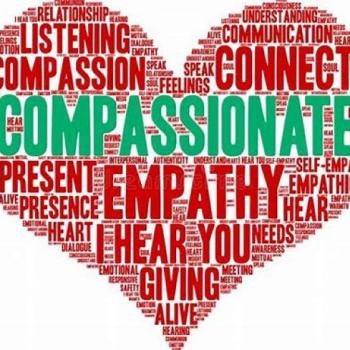A Story of Quiet Hopes and Dreams
We all have them—Mothers. We would not have been born into this world without them. Yet everyone has a different relationship with the person who gave birth to them. To some, Mom might be a best friend, a confidant, a person to be looked up to and admired. Others look at the person who bore them as a detriment, a judgmental enemy, a pariah. Then there’s a league of people who, after leaving home, never really think of their mother again until they receive that eventual call, “Your mother has—fallen/been hospitalized/died.
Hopes and Dreams
Very few people are really blessed with getting to know their mothers well enough to know their hopes and dreams when they were younger. Fewer are ever allowed into the “Mommy shell” surrounding them. They will forever be the adult in the room, responsible for training and raising their child, even if the child is 20, 40, or 70.

A Little Story
I worked with and visited an elder at a care center a while back. Her name was Emma. Emma had bright blue eyes that sparkled when she saw you walk into the room. Her skin was thin and a bit ruffled with age, but it was clear of any moles or age spots. She walked with a pronounced limp, but many at the age of 96 have mobility issues. She was diminutive, loved to laugh, and was a great conversationalist—when she wasn’t in an episode.
Emma had dementia, and she knew it. She wasn’t upset by it. She accepted it as “a cross the good Lord gave” her. As time passed, I began to ask about family members who might come and see her. She looked down with a sad smile and said, “Oh, I don’t think so. I think I put a match to that bridge many years ago.” I asked what happened and found out that Emma, like so many mothers, took her job seriously and was pretty tough on a very strong-willed daughter. She had Suzie later in life with a husband who passed away far too early in their marriage, leaving Emma and Suzie to fend for themselves.
As time went on, the two grew apart. Emma would set down rules to live by, and Suzie would do precisely the opposite. Emma was a nurse by trade and would be in the hospital or making house calls while trying to keep tabs on her free-spirited daughter. Eventually, there became a parting of ways, and Suzie moved in with a boyfriend when she went to college, never coming home again.
I asked Emma if she knew where her daughter was and if Suzie knew about her condition. Emma told me that, yes, she knew her daughter lived in the same town we were in and that she had not told her about her dementia. She then asked if I would help her and tell her daughter about her situation. I agreed and tracked Suzie down.
As expected, Suzie was apprehensive about seeing her mother, let alone hearing about her. Eventually, she agreed to at least drop by and show her mother that she wasn’t a street derelict like her mother always told her she would become. When they met for the first time after 40 years, it was a bit tense at first. No one wanted to say anything that would upset the other. There was banter about Suzie’s three children and her husband, who was a judge in the local county courthouse. Emma told of working and finally retiring from the VA hospital at the age of 77.
When it happened, things were becoming calmer and more relaxed. Emma slowly slipped into—as she called it—her “other world.” Suzie was slightly startled to see the profound difference in the woman sitting in front of her. One second, her mother was calm, on her best behavior, and very metered in her responses. The next, the woman named Emma smiled and spoke in short, slightly stumbling sentences but talked about past events like they happened yesterday. Suzie seemed a bit confused and a bit perplexed at first, but then she eased into it. Suzie had just retired from being an eldercare nurse at a different facility only a year before. She had seen patients come and go, in and out of the “other world” for 25 years. What startled her was seeing her own mother in this situation.

From that day, Suzie agreed to visit her mother weekly. A month later, I checked back in to see how they were getting along. I walked into the room to two women laughing hysterically at a bawdy joke that Emma had told her daughter. I looked over to Suzie; she had tears leaking down her face. Emma was in the “other world.” She was telling stories from World War II and being a nurse in the “Pacific Theater,” as she called it. Suzie took my hand and said, “I had no idea my mm…” She stopped and corrected herself, not wanting to break the spell. “That Emma was in the Medical Corps. In World War II!” The banter went on for a good hour, Emma telling stories of war and romance and skirting trouble while out on wild nights off base with her friends.
When Emma was visibly tired, Suzie and I said our goodbyes and walked out together. Once we were out of earshot, Suzie broke down into tears and held my hand. She said, “I had no idea! I had no idea what a life my mother had. She had hopes and dreams that I couldn’t imagine growing up with her. I mean, she wanted to be a surgeon! Can you imagine that?” I asked why Emma didn’t pursue it. Suzie said, “Because that’s when I came along. And after Dad died, well…” her voice trailed off. “I never knew. I never knew who my mother really was. I mean, to me, she was always just my mom. It wasn’t until the last month that I knew she kept up with me and my career all these years. She knew I had three kids; she even knew my husband was a judge. She quietly shook her head as a tear dropped to the floor.
I also never knew the pain she felt when I turned my back on her and left. I was so mad at her. I felt like she was trying to control my life. I felt like she wanted me to be a perfect little Junior League girl, and all I wanted was to live my life on my own terms.” Suzie wiped her eyes with the back of her hand. “I didn’t know that she was trying to protect me from making the same mistakes she’d made.

We stood there quietly for a few minutes, just listening to the surroundings and seeing the sun begin to go down through the door at the far end of the hall. Suzie turned and quietly said, “Thank you. Thank you for reaching out to me. I’ll be honest, I didn’t want to come. All the fights and bad blood came rushing back when I talked to you. But I knew this might be the last time I could make things right between us.” She brightened a bit. “Little did I know I’d gain a best friend out of it!”
We walked out of the center, side by side, that evening—two children with very different mothers. Suzie continued to visit her estranged mother—and her best friend—for the next year. One night, about a year and a half after reuniting, Suzie got the call no one wants to receive. Emma passed after suffering a heart attack. Later, after the funeral, Suzie asked me, “Do you know what her last words were? ‘Tell my friend Suzie… I love her.’”
As we near Mother’s Day, try to remember that, yes, your mother, too, is a person who had, has and will have hopes and dreams. Love you, Mom.













